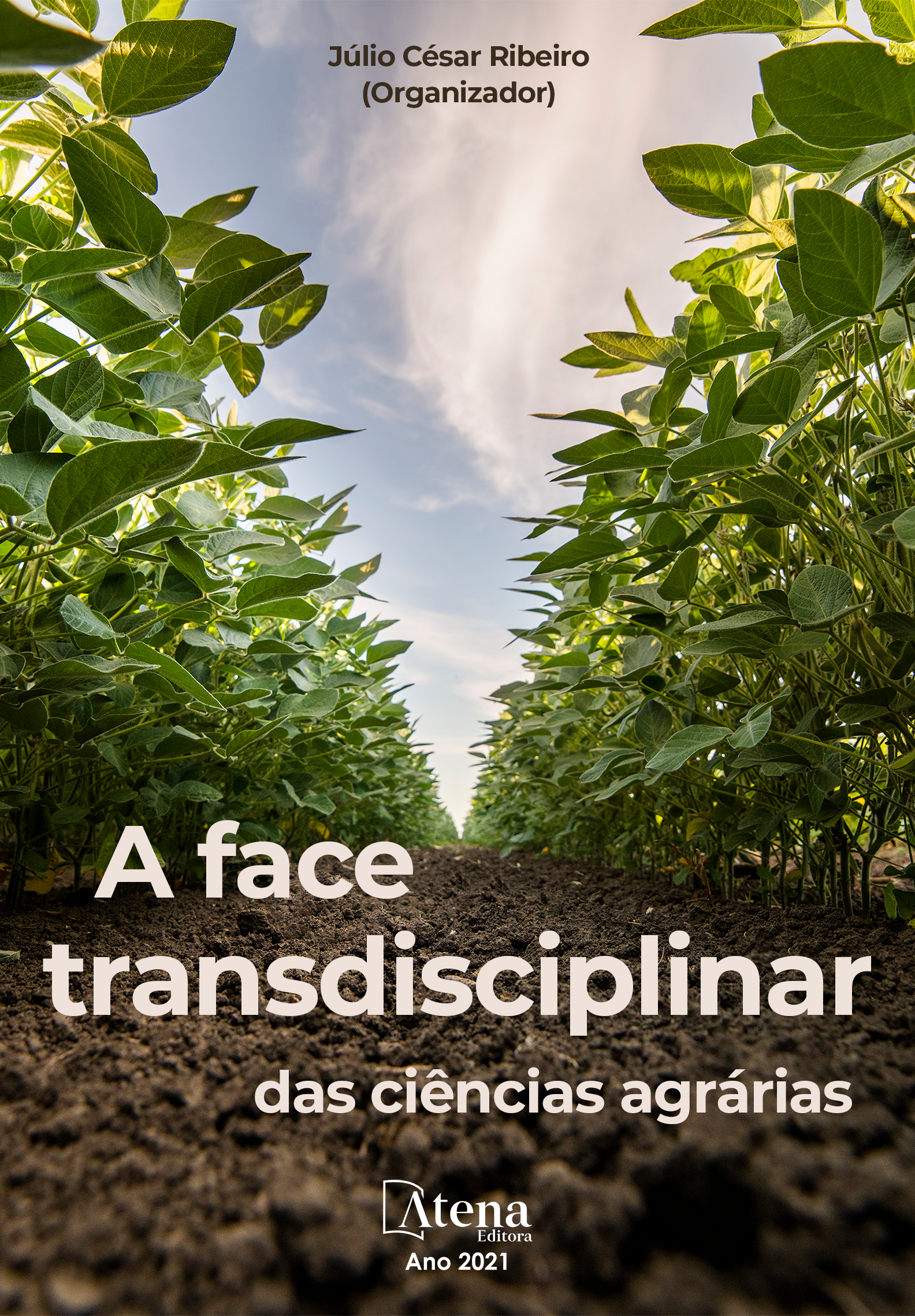
PANORAMA DO MERCADO DE HORTALIÇAS ESPECIAIS (MINI E BABY) NO BRASIL: UMA BREVE REVISÃO
A olericultura é o ramo da horticultura que compreende o cultivo de espécies olerícolas de folhas, flores, frutos, raízes, rizomas, tubérculos e bulbos comestíveis, que possuem alto valor nutricional e agregam um aspecto colorido, leve e fresco à mesa. Há um grande destaque para as hortaliças em miniatura, que vem conquistando o mercado e despertando o interesse de consumidores por possuir menor tamanho em relação do que as tradicionais e mais facilidade no preparo e no consumo. O tamanho reduzido pode ser obtido pelo uso de cultivares geneticamente melhoradas, pelo adensamento do cultivo, pela colheita antecipada e de rebrota ou pelo processamento pós-colheita para redução do tamanho. Este trabalho tem como objetivo discorrer sobre as minis hortaliças e demostrar o panorama do mercado de mini hortaliças no Brasil. A pesquisa se baseou em diferentes bases de dados como: Redalyc, Google Scholar, Periódicos Capes, Scopus e Scielo. Como descritores de busca foram utilizadas palavras chaves como: “olericultura”, “hortaliças especiais”, “mini hortaliças”, “hortaliças baby”, “hortaliças gourmet” e “mercado de hortaliças especiais”. Apesar de ter custo maior para o cultivo, as minis hortaliças geram um retorno econômico maior para os produtores, chegando a ultrapassar o dobro do valor econômico das hortaliças tradicionais.
PANORAMA DO MERCADO DE HORTALIÇAS ESPECIAIS (MINI E BABY) NO BRASIL: UMA BREVE REVISÃO
-
DOI: 10.22533/at.ed.91721100816
-
Palavras-chave: hortaliças em miniatura, olericultura, alto valor econômico.
-
Keywords: miniature vegetables, horticulture, high economic value.
-
Abstract:
Horticulture is the branch of horticulture that comprises the cultivation of vegetable species of leaves, flowers, fruits, roots, rhizomes, tubers and edible bulbs, which have high nutritional value and add a colorful, light and fresh appearance to the table. There is a great emphasis on miniature vegetables, which have been conquering the market and arousing the interest of consumers because they are smaller than the traditional ones and easier to prepare and consume. The reduced size can be achieved by using genetically improved cultivars, by densifying the crop, by early harvest and regrowth, or by post-harvest processing to reduce size. This work aims to discuss mini vegetables and demonstrate the panorama of the mini vegetable market in Brazil. The research was based on different databases such as: Redalyc, Google Scholar, Capes Periodicals, Scopus and Scielo. As search descriptors, keywords were used such as: "olericulture", "special vegetables", "mini vegetables", "baby vegetables", "gourmet vegetables" and "special vegetable market". Despite having a higher cost to grow, mini vegetables generate a greater economic return for producers, reaching more than twice the economic value of traditional vegetables.
-
Número de páginas: 13
- Kattiely Wruck
- Fábio Luiz de Oliveira
- Lidiane dos Santos Gomes Oliveira
- Amanda Dutra de Vargas
- Tiago Pacheco Mendes
- Joab Luhan Ferreira Pedrosa


